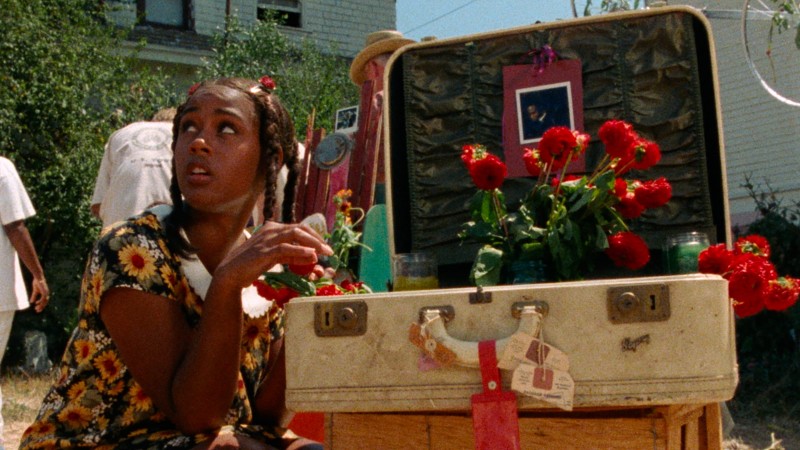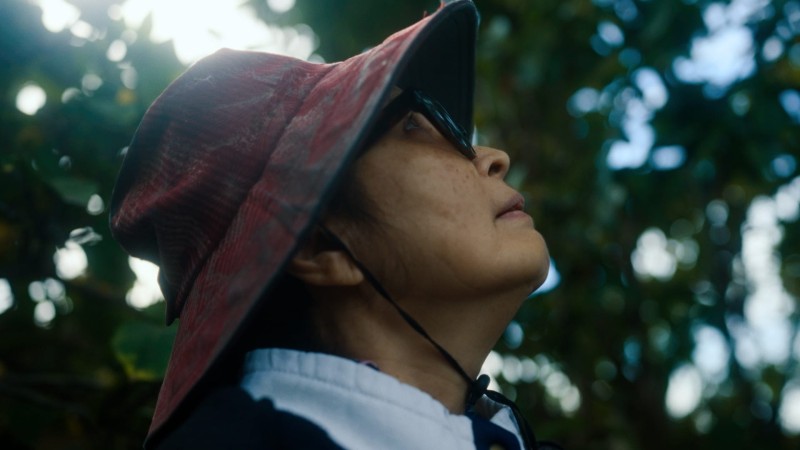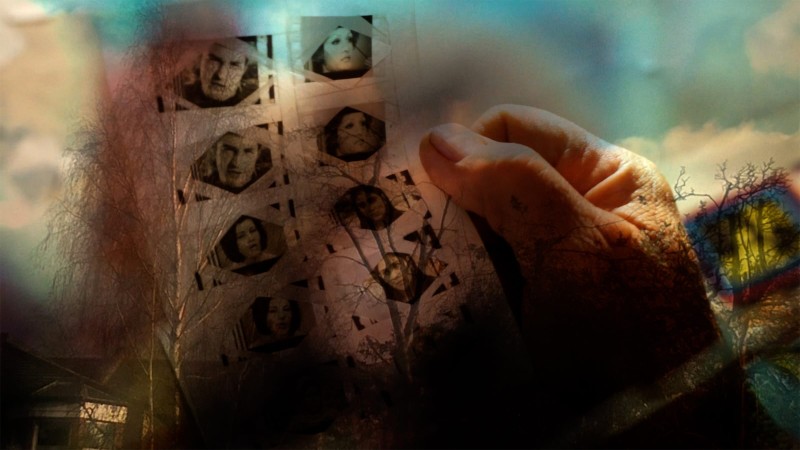By George: An Interview with Project Shaw’s David Staller

Today, most people’s knowledge of George Bernard Shaw doesn’t extend much further than his classic comedy Pygmalion. But the legendary playwright and theater critic (1856–1950) wrote more than sixty plays. In February, we at the Criterion Collection will do our part to bring some of these works back to the public consciousness with the release of the Eclipse series George Bernard Shaw on Film, featuring three adaptations of Shaw plays: Major Barbara, Caesar and Cleopatra, and Androcles and the Lion, all graced with the author’s superior wit.
We’re not the only ones touting Shaw these days: for the past four years, actor, playwright, and Shaw aficionado David Staller has been working tirelessly to ensure that the writer’s enormous achievements aren’t forgotten. In 2006, with his theater company, the Gingold Theatrical Group, he began Project Shaw, which consisted of monthly public readings of every Shaw play, featuring major actors and held at the Players Club on Gramercy Park South in New York. The group finally finished the series in December 2009, and is kicking off a new Shaw season this week, featuring a selection of the most requested titles (first up: 1894’s Arms and the Man). I had a conversation with Staller about Shaw’s legacy, what his work can mean to readers and viewers today, and how he used cinema to get his message to a wider audience.—Michael Koresky
Tell us about your mission with Project Shaw and how it came about.
In the true Shavian spirit, I was politically motivated to do it. Bush was reelected. I didn’t have the money to give to the causes I would wish to, and rather than feeling simply frustrated at what I perceived as the invasion of human rights, I decided to contribute something, which was to choose the author who wrote in English most often about human rights. To me, that’s Shaw. All of Shaw’s plays are comedies, and all are about human rights, the power of the individual, about not allowing society to define us.
I thought it would be a breeze, getting this done. I put the entire proposal together, forgetting how many plays there actually are. There are over sixty. I presented the idea to my friends who have theater companies, particularly those who feature the work of Irish authors or political authors, and they all said absolutely not, that it could not be done. That it would be too much to do every month, we’d never get a suitable cast, and it would require too much editing and research. And I guess that’s all I needed to hear, finally, to thumb my nose at everyone and say “Fine, I’m gonna do it myself,” and I started my own company.
The company is named after a lifelong friend, the actress Hermione Gingold, who died in 1987. She had always dreamt of having a theater company. She had known Shaw. In the late 1970s, early ’80s, I was living in New York, and when Hermione’s friends would be in town visiting or working, we’d put together a sort of Shaw salon on Sundays. The premise was that we would meet for tea, but it invariably went to cocktails. She would tell me who was in town, and ask which play I’d like to do and how I would cast it, and they would come over and read the plays. The first one we did was Pygmalion, with Laurence Olivier as Higgins and Joan Plowright as Eliza. At the time, I took it for granted, because these people were just sort of around. Hermione read Alfred Doolittle; she always took what she thought were the best men’s roles. And Douglas Fairbanks Jr. read Freddie. Maureen Stapleton played Mrs. Higgins. When we did Major Barbara, Lillian Gish played Barbara; Ralph Richardson read Undershaft. It was thrilling for me to listen to all these people talk about Shaw, as they all knew him or worked with him. They all revered him and missed him.
What kindled your obsession with Shaw?
I was about nine or ten, and I was in England, and I heard a special broadcast about Shaw on the radio. And I heard his voice. It was an amusing-sounding voice, almost pixieish. I had no idea who Shaw was, and I was just enchanted by the sound of him. Then I heard the speaker quote him, saying “Life isn’t about finding yourself. Life is about creating yourself.” At that age, that idea had never occurred to me. I began exploring who this guy was, and one of the ways I was able to do that was through these films that you’re rereleasing—when possible, on television or at revival houses. It’s really thrilling to me that you’re making this work accessible to people. It sort of epitomizes what Shaw’s fascination with film was, which was the wider audience.
But he was for a long time vehemently opposed to his plays being made into films, correct? How did Hungarian producer Gabriel Pascal convince him to allow these film versions?
I think he had just been vehemently opposed to the people who had approached him before. I have some letters, and have seen various letters, by Shaw, making proposals about films; of course he wanted to be involved, to have some control, quite rightly. And he was genuinely concerned about people reinterpreting or rewriting his work. There was so little copyright protection in those days for writers. There was the operetta The Chocolate Soldier taken fromArms and the Man, which had decimated his play. He hated it. I think Gabriel Pascal was very likely as much a rascal as Shaw was, and I think Shaw probably responded to that and therefore trusted him. It wasn’t that Pascal had that much insight or experience, but he was just so persistent and determined that the public should see Shaw’s work. And Shaw was feeling vulnerable. He had lived to be so old—he was ninety-four when he died in 1950. But he had no reason to believe that people would be presenting his plays, he thought they would just disappear, and I think Pascal really played on that.
How much control did Shaw have over the film of Major Barbara?
He was smart enough to know that, though he had the power of production, he didn’t know enough about the elements of the art of film, and he had to surround himself with extremely capable people. Pascal is credited with directing Major Barbara, but when you look around at those involved you realize it was truly a collaborative effort. David Lean, for example, edited Major Barbara. It was not as successful as Pygmalion, but that’s like saying that David O. Selznick’s films were never as successful after Gone with the Wind. We also have to remember it was released in 1941. England was at war, and the film was extremely antiwar. It helped contribute to a short-lived but intense distrust of Shaw by the British people during World War II. Also, Major Barbara has an incredibly dense script. The dialogue requires so much active listening. But how brave of them to make that film at that time at all.
Shaw was so engaged with contemporary society—why did he so often choose to write period pieces, such as Caesar and Cleopatra?
He had an awful lot he wanted to say about politics and society and the world he lived in, and I think he learned from many writers, including Shakespeare, that you can get away with an awful lot when you impose your views upon historical characters. He was profoundly accurate in his use of characters, of what is known of recorded history about these individuals—the battles, the places, the minutiae of who these people were—which was then filtered through his wicked wit, making them come to life as they never could in a history book. It was unique that he would choose to tell this story of these two people at this point in their lives. He created Cleopatra to really be a child, as she was at the time, and Caesar to be an old man, dealing with his receding hairline and his wrinkles and the knowledge that his days were numbered. Humanizing them in that way makes it wildly entertaining. It’s also a tremendously funny play . . . I think the scene at the Sphinx, when they first meet, is probably the most effective scene in the play, simply because it is just these two amazing characters in the moonlight. That’s Shaw at his best. He’s so knowing, and so forgiving of human nature and loving of people.
And also a great lover of animals, which takes us to Androcles and the Lion.
Yes, he worked very hard, and wrote a lot in his plays and articles and speeches, on animal rights, which at the time was viewed with scorn and ridicule—the concept that animals are not simply here for our purposes. The play offers the idea of a human and an animal living in symbiosis and both contributing and benefiting from each other’s existence. And if he had written it as a contemporary piece, I think it would have been difficult for him to have had it taken seriously.
The film plays as a rather broad comedy. Was that true of the play as well?
Yes, it was. I think it helps it, actually. It allows Shaw to rather brilliantly use one of the most horrific episodes in human history—the Colosseum, and the human and animal suffering it involved—as the frame of a very sweet and simple story. To involve a character who was the most powerful man on the planet, Caesar, with one who at the time was considered the lowliest of human beings, a captured Christian tailor. It’s about politics, society, the power of individual thought, the importance of challenging one’s own beliefs. And then, of course, you have the wonderful character of the lion, who seems more human than any of the people.
And he’s anthropomorphized, dancing on two legs, which is one of the most memorable images in the movie.
When we read it, in 2007, Bruce Vilanch, the comedy writer, who looks like a great big lion, played the lion. And he was brilliant. And I had the entire cast played by New York theater critics. People just loved the idea of critics being thrown to the lions. Rex Reed was Caesar; Charles Isherwood played the Victor Mature part. It was great fun, and gratifying; people came to laugh at the idea of the cast, but Shaw’s work is strong enough that it was honored and it came through and it was tremendously moving. And that’s why the film works. It offers perhaps an inconsistent base of reality, compared to the play, but the story comes through, and it’s very touching.
Incidentally, we also do educational programs, at Lighthouse International, for blind inner-city teens. We get together on Saturdays and discuss Shaw, and they love Androcles and the Lion in particular. We also have a class at Baruch College, where the students study a Shaw play a semester, and then we do a reading. I really feel like I’ve become “the Shaw dude.”
For more information about Project Shaw, visit projectshaw.com, or call 212-355-7823.






